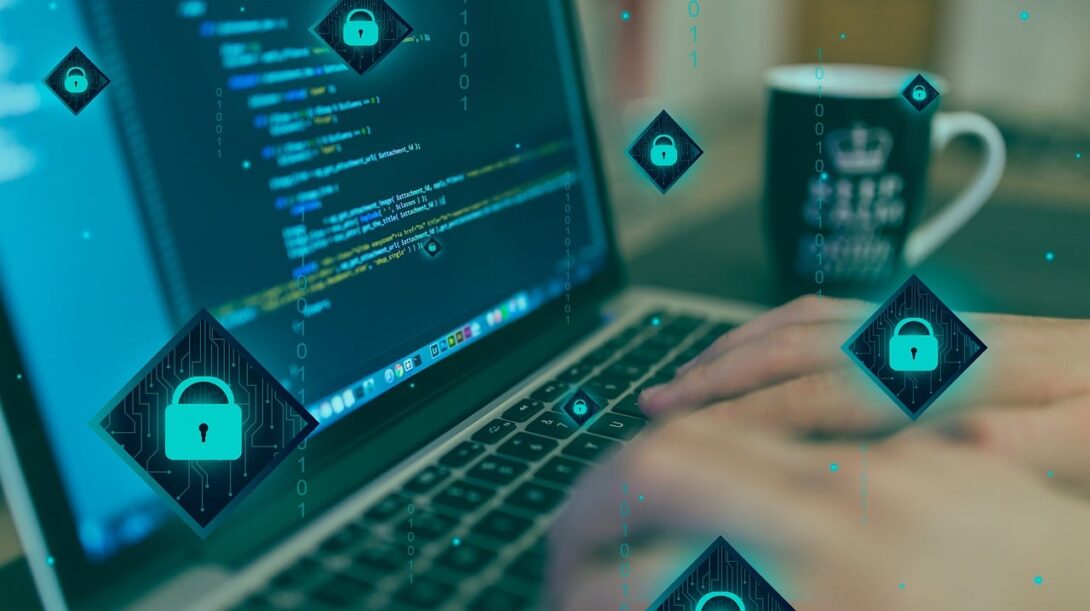Removal of self-exclusion AAMS is an important topic in the expanding world of online casinos, where the focus on both cybersecurity and responsible gambling has become increasingly critical. As more players engage in online gambling, ensuring the protection of personal data has become paramount, particularly in cases where players opt for self-exclusion as a responsible gambling measure. The AAMS (Agenzia delle Dogane e dei Monopoli), Italy’s authority on gambling regulations, provides options for players to self-exclude from gambling platforms. However, this process raises important questions about data protection, user privacy, and the integrity of the self-exclusion system. In this article, we will explore the role of cybersecurity in responsible gambling, emphasizing how user data can be safeguarded during the self-exclusion process and examining the key challenges in the digital gambling landscape.
Players who wish to self-exclude can apply directly through an AAMS-licensed platform or by submitting a request to AAMS. Once self-exclusion is activated, the player is restricted from accessing any gambling site operating under an AAMS license. However, given the sensitive nature of the data involved, it is vital that user information is securely managed, especially if the player eventually wishes to reverse the exclusion and needs guidance on the so-called “rimozione autoesclusione aams – https://www.isaporidisicilia.com/casino-non-aams/revoca-autoesclusione/“.
The Growing Role of Cybersecurity in Online Gambling
As online gambling continues to expand, the need for strong cybersecurity measures has become essential. Online casinos collect a variety of sensitive information, from personal details and financial data to individual gaming behaviors. This information must be carefully safeguarded, particularly for players who choose to self-exclude as part of responsible gambling practices. Self-exclusion often requires players to provide additional documentation, such as identity verification and proof of residence, making it crucial that their data is handled securely to protect their privacy.
When online gambling platforms invest in robust cybersecurity, they build trust with players who feel more comfortable engaging with platforms that prioritize their security. This is especially true for those using self-exclusion tools, where trust in data confidentiality plays a significant role in users’ decisions to participate responsibly.
How the AAMS Self-Exclusion Program Works?
The AAMS self-exclusion program is a voluntary system that allows players to exclude themselves from all AAMS-licensed gambling platforms. This process can be temporary or permanent, depending on the player’s preference. Self-exclusion is a valuable tool for players who recognize a need to limit their gambling habits and take control of their gambling behaviors.
Core Cybersecurity Practices for User Data Protection During Self-Exclusion
To maintain a secure environment for users, especially those choosing self-exclusion, online gambling platforms must adopt several critical security measures:
- Data Encryption: Transforming personal data into encrypted formats helps prevent unauthorized access, ensuring that only those with the correct decryption key can view sensitive information.
- Two-Factor Authentication (2FA): 2FA adds an additional security step when players set up self-exclusion, requiring them to verify their identity with a second method, such as a one-time passcode.
- Controlled Access and Role-Based Data Management: Restricting data access by job roles minimizes exposure to personal information, meaning only select, authorized personnel can manage sensitive data.
- Routine Cybersecurity Audits: Regular assessments and updates to cybersecurity protocols are vital for identifying vulnerabilities and enhancing protections against new security threats.
- Adherence to Data Protection Standards: Compliance with regulations like GDPR is mandatory for AAMS-certified casinos, reinforcing their commitment to high standards in data privacy and security practices.
Responsible Gambling and the Self-Exclusion Removal AAMS Process
For some players, self-exclusion may be a temporary solution, and they might later wish to re-engage with online gambling. In such cases, the option to remove their self-exclusion status becomes relevant, as players may want to resume access after a period of time. However, this process also involves sensitive data handling, as it requires verification of identity and consent.
It is crucial for online casinos to handle requests for the removal of self-exclusion in a secure manner. Any attempt to reverse self-exclusion should be carefully monitored to prevent unauthorized access and to verify that the player genuinely wishes to re-enable their gambling access. This ensures that self-exclusion, a valuable tool for responsible gambling, is not compromised.
The Challenges of Cybersecurity in Responsible Gambling
Protecting user data in the context of responsible gambling and self-exclusion presents several challenges. Some of these include:
- Maintaining User Privacy: Self-exclusion requires the collection of sensitive personal data, and maintaining the privacy of this data is essential. Players must trust that their decision to self-exclude will remain confidential, and that their information will not be shared with unauthorized parties.
- Balancing Data Protection and Accessibility: Ensuring cybersecurity should not hinder the accessibility of self-exclusion services. Players should find it easy to opt into or out of self-exclusion without compromising data protection. Balancing security with user accessibility is key to an effective self-exclusion program.
- Protecting Against Social Engineering Attacks: Cybercriminals may use social engineering tactics to manipulate individuals into revealing sensitive information. Gambling platforms need to educate their users about these risks and implement security features that can prevent unauthorized changes to self-exclusion settings.
- Data Retention and Disposal: It is essential for platforms to have clear data retention policies. Personal data collected during self-exclusion should not be stored longer than necessary, and secure disposal procedures should be in place to ensure that outdated or irrelevant data is completely removed from the system.
Best Practices for Players to Protect Their Data
While online casinos must implement cybersecurity measures, players also have a role in protecting their own data. For those considering or currently enrolled in self-exclusion, and particularly for those interested in processes like “rimozione autoesclusione aams”, there are steps that can help protect personal information effectively. Here are some tips for users:
- Use Strong Passwords: Choosing strong, unique passwords can help prevent unauthorized access to gambling accounts.
- Enable Two-Factor Authentication: This additional layer of security can further protect personal information on online gambling platforms.
- Stay Informed: Players should be aware of the cybersecurity measures offered by their chosen platforms and take proactive steps to use available security features.
- Limit Shared Personal Information: Avoid sharing account details or personal information with others, even friends, to reduce the risk of account compromise.
The Future of Cybersecurity in Responsible Gambling
As technology continues to advance, so do the methods used by cybercriminals. Online casinos must remain vigilant and adapt to new cybersecurity threats to ensure that user data is protected. In addition to existing measures, innovations such as artificial intelligence (AI) could help enhance cybersecurity in the online gambling industry by identifying suspicious activity patterns and preventing data breaches in real time.
Furthermore, raising awareness of responsible gambling and supporting features such as self-exclusion remain integral to the gambling ecosystem. As more individuals look for information on processes for removing self-exclusion, there is a growing need for transparency, guidance, and support to help them make informed decisions.
Conclusion
In the digital age, cybersecurity and responsible gambling are intertwined. As online casinos continue to grow, protecting user data, particularly for those utilizing self-exclusion options, is essential. Through robust cybersecurity practices, gambling platforms can foster a safer and more trustworthy environment for players. Self-exclusion offers a valuable way for individuals to control their gambling habits responsibly, but it must be accompanied by data protection measures that prevent unauthorized access and misuse.



